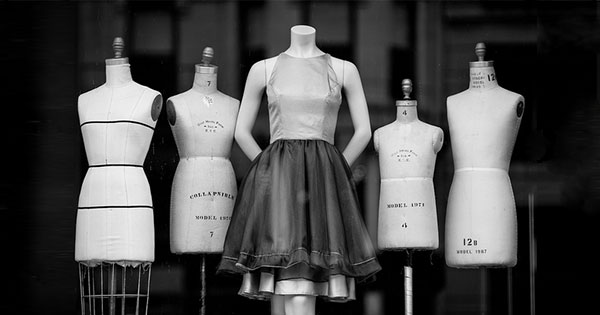
My life broke down two years ago at age 50, though it was broken all along. I seemed to be a well-functioning man named Douglas Goetsch: a teacher who’d taught at Stuyvesant High School and various universities, a poet with award-winning collections, a dedicated meditation practitioner and instructor. Previously I’d been a concert jazz dancer, a restaurant cook, a varsity athlete. At the same time, I was depressed and had been for decades, with no family, no partner, going through life alone. One other thing: I longed daily to be a woman.
Since childhood, I’d been telling myself, “You’re male, don’t complain, deal with it,” turning my back on my deepest inspiration, which was also my deepest shame. I did allow myself to crossdress, periodically visiting the femininity I craved, and had no problem admitting this to girlfriends. Labeling myself a crossdresser turned out to be a way of shoving my transsexuality even further into the closet. It was like throwing a bone to a goddess. But goddesses aren’t interested in bones.
In the fall of 2013, my depression delivered me into a state of existential incompetence. I couldn’t rouse energy for even the simplest tasks, such as mailing a letter. I’d broken up with a girlfriend six months earlier, my meditation practice hit a wall, my income as a freelancer was dwindling, and I was profoundly uninterested in all careers or worldly pursuits. Some days, I’d put away my Murphy bed, then move to the floor, where I’d lie on my back staring. That winter I decided to transition.
When I began taking hormones, I also started writing “Diana Updates,” monthly letters I emailed to a growing list of readers. Many wrote back reporting how they related to my experiences: women undergoing hormone replacement therapy; a friend on cancer medication afraid of losing her sexuality; gay men waiting for their families to accept them; people transformed by pregnancy, divorce, and spiritual experiences. I heard from therapists with trans clients, parents of trans children, a young wife and mother haunted by a maleness inside her. My publisher Roger Lathbury, after reading about my legal name change, revealed that he used to be Roger Lewis. We are all, I was learning, in transition, people between people, longing to be fully ourselves. The only essential difference with my deal is that it’s glaringly obvious and can’t be hidden from anyone.
I’ve been asked to share facets of this journey with the readers of the Scholar. As a writer, I have little interest in identity politics or the tired formulas of contemporary memoir. I’m also wary of Caitlyn Jenner, who everyone seems to think will do enormous good, to which my response is an emphatic: I don’t know. When America’s chief source of information about trans people comes via the media-celebrity system in all its gawking superficiality, I don’t know.
In my experience, this odyssey is startling both for its depth and its familiarity, which is what my former boss told his wife after meeting me as Diana: “The most extraordinary thing about it was that it was sort of ordinary.” Most trans people are quite ordinary. We’re in grocery aisles, classrooms, voting lines, marriages. We also happen to be every minority and social class, though disproportionately poor, unemployed, and extraordinarily prone to suicide. Nobody wants to be trans—this can’t be emphasized enough—so we’re also choiceless, and brave. But most of all, we’re people.


